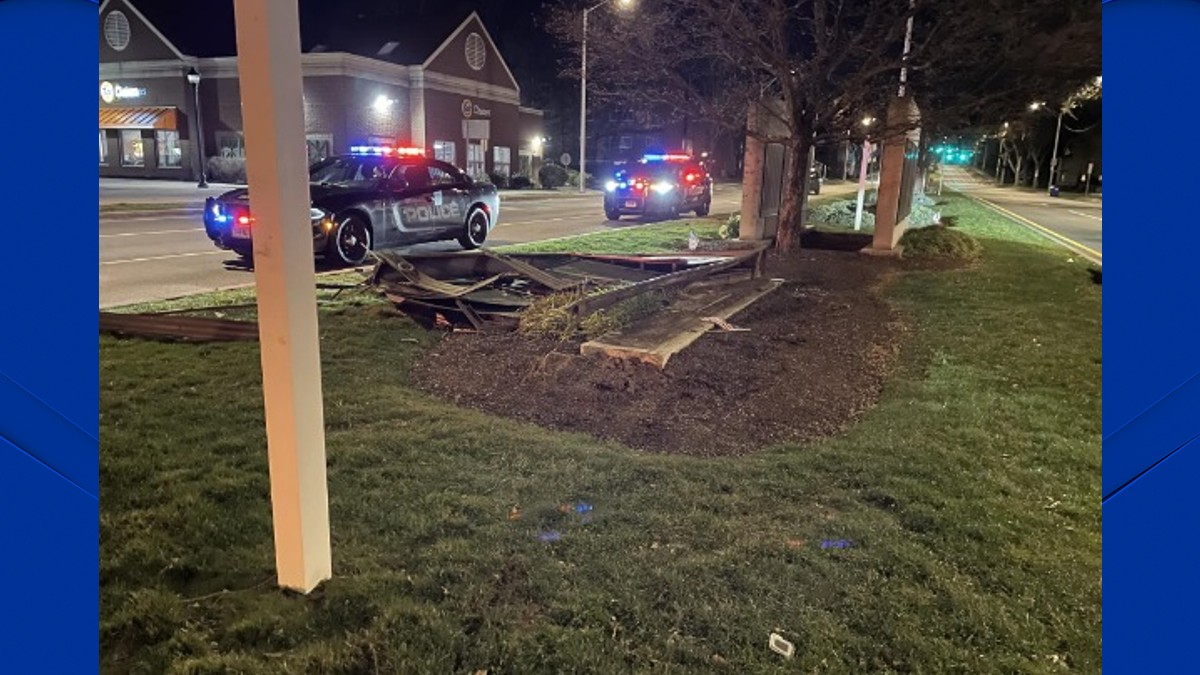Connecticut has only met its self-imposed emissions standards once since establishing them in 2008.
That came in 2020, when most people stayed home as much as possible.
On Friday, Democrats promoted legislation aimed at bringing down greenhouse gasses.
“We know it's real, we it’s urgent,” Rep. Christine Palm (D-Chester), vice chairwoman of the Environment Committee, said. “We know it's the existential problem for young people.”
Get Connecticut local news, weather forecasts and entertainment stories to your inbox. Sign up for NBC Connecticut newsletters.
The bill would readjust Connecticut’s emission goals, seeking to cut greenhouse gas emissions by 45% of 2001 levels by 2030. That number drops to 70% of 2016 levels by 2040.
The bill seeks to reach that goal by offering incentives for businesses and municipalities that opt for renewable energy or construct carbon neutral buildings. It also includes job training for clean energy fields.
“This makes people like myself, who are young, scared for the future,” Aaliyah Jones, of New Haven, said during a press conference in the legislative office building.
Local
Additionally, the bill would require new and renovated state buildings to rely on renewable energy as funding allows.
Republicans raised concerns about the proposal, notably a requirement that the Public Utilities Regulatory Authority study phasing out natural gas.
“Most of our power is generated through natural gas, and you’re going to have to replace that with something if you don’t want prices to skyrocket,” Patrick Callahan (R-New Fairfield) said.
Callahan also said he believes technology is improving across industries, and the state just needs to give the private sector more time.
“I think industry is pushing us forward, technology is pushing us forward,” he said.
One thing that has not surfaced is a proposed ban on the sale of new gas-powered vehicles in 2035.
State law requires the state to follow California's emission standards. Gov. Ned Lamont pulled a draft regulation late last year amid bipartisan criticism.
“Maybe they like big 2035 and 2050 goals, but when it comes to making some changes to get us there, that’s been tougher,” he said after an unrelated event on Tuesday.
Transportation Vice Chairman Sen. Rick Lopes (D-New Britain) admitted a bill still doesn’t have enough support.
He does think the legislature could set a goal, similar to the state’s emissions goals, with checkpoints along the way.
“To give industry and the manufacturers an idea of where we want them to go and where they should be going so they can rest assured there won’t be changes, then at the same time there could be check marks and benchmarks along the way,” he said.



